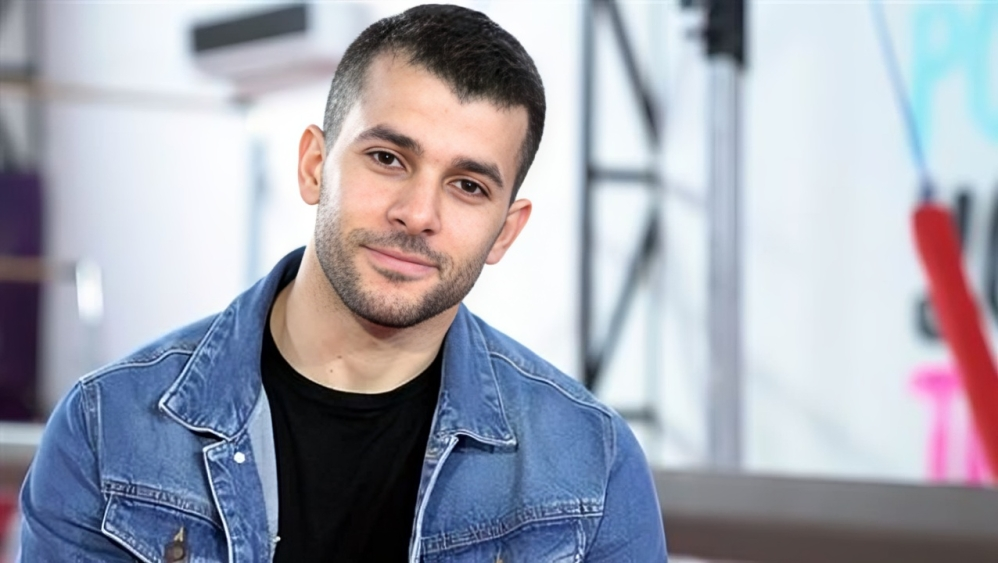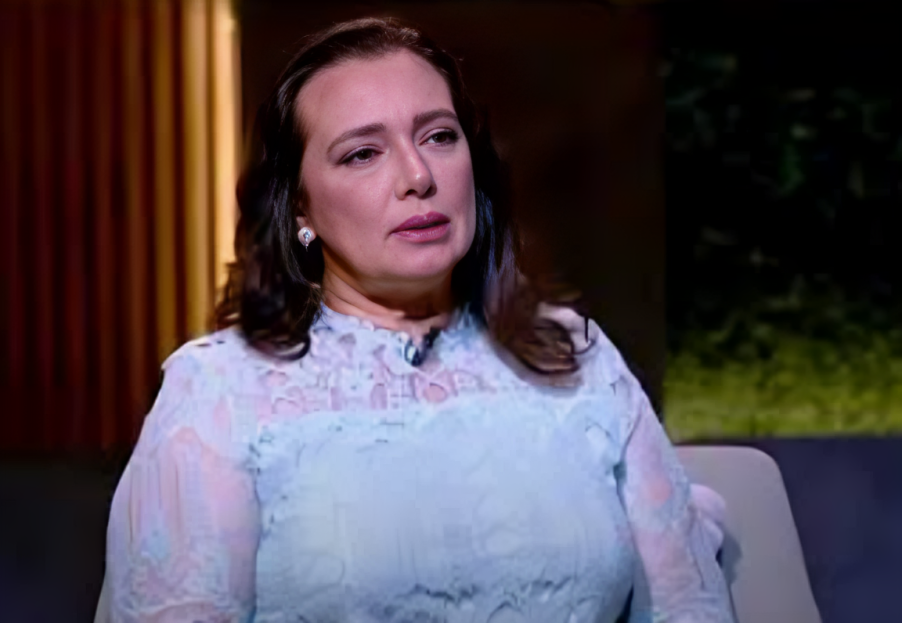El Captain had topped the viewership rankings during the first half of Ramadan, maintaining its presence in the top three until the end of the season, before settling in fourth place with the strong competition in the crowded Ramadan schedule. However, as soon as it began airing again, it moved up to second place, confirming that the show was not just a fleeting guest during Ramadan, but a work that enjoys continuous presence and holds a special place with the audience.
The increasing viewership of El Captain post-Ramadan demonstrates that the show's success is not merely dependent on seasonal momentum but is the result of well-integrated artistic elements, starting with the cohesive script written by Amr El-Daly, based on a story by Ayman El-Shaieb, through the flexible directorial vision led by Moataz El-Tony, to the simple and spontaneous acting performances by Akram Hosny and his colleagues.
Producer Karim Abu Zekry confirmed that the secret to El Captain's distinction lies in its reliance on situational comedy, without resorting to forced jokes or traditional punchlines. He explained that one of the show's goals was to address all family members with light, clean content that respects the viewer's intellect and provides moments of joy amidst the pressures of daily life. This approach made the series classified as "for all audiences," helping it reach a wide audience, including both children and adults.
The audience expressed their appreciation for the show through positive comments on social media, frequently praising the excellent ensemble performance, the team spirit displayed on screen, and the smart satire of certain social phenomena in a refined yet sharp style, without being offensive or crude.
Another aspect that garnered the audience’s admiration was the appearance of many guest stars who added a unique flavor to the episodes, such as Chico, Mohamed Abdel-Rahman, Mohamed Anwar, and Mai El-Gheit. This contributed to the constant freshness of the show. The participation of Sawsan Badr and Mohamed Redwan in roles that reminded audiences of stars who excel at performing comedy without overdoing it also caught attention.
It seems that El Captain has succeeded in creating a rare formula in the world of comedy drama, blending lightness and depth, laughter and reflection, in a combination that fits an era where the audience seeks works that resonate with them and speak to them without pretense. Aya Samaha’s performance, in her first lead comedy role, was surprising and seamless, proving she has a strong presence that positions her as one of the rising stars of the next generation.
On the other hand, the creators of the show emphasize that the sustained success after the Ramadan season confirms that El Captain has become a landmark in Egyptian drama, especially with the return of viewers to watch it again with greater appreciation for its social and humanitarian messages wrapped in satire. Many fans have expressed a desire for a second season of the show, something the team has not ruled out, especially given the show's ongoing success.
This success undoubtedly reflects an increasing awareness among Egyptian and Arab audiences, who are now looking for meaningful, light, enjoyable content that respects their intelligence, offering moments of happiness without feeling belittled or crude. In this sense, El Captain has raised the bar for not only comedy drama but for Arab content in general.
In conclusion, El Captain is not only achieving high viewership but is redefining contemporary television comedy, proving that laughter does not necessarily equate to shallowness; it can be a refined tool for expressing people’s concerns and delivering subtle messages that reach both the heart and the mind.





